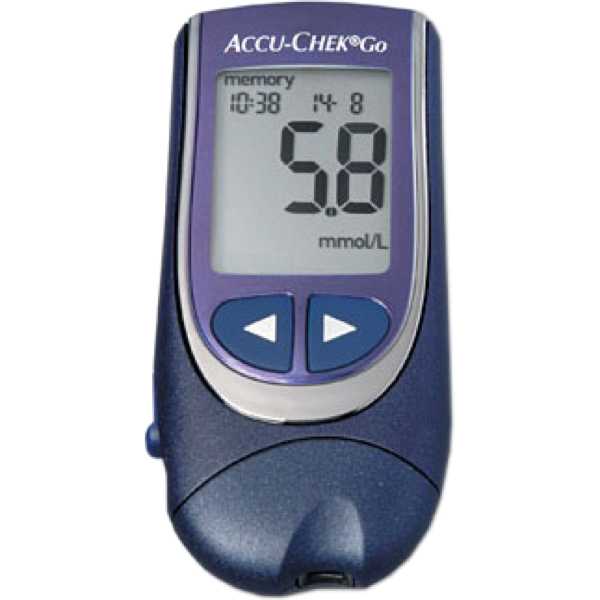

| Accuracy Assessment | Recommendation | Basis | |
| BG | Medaval | ★ Recommendation | Older clinical validation; recent protocol |
| BG | MDR Criteria | Self-measurement and professional use | Published evidence |
Freckmann G, Schmid C, Baumstark A, Pleus S, Link M, Haug C. System accuracy evaluation of 43 blood glucose monitoring systems for self-monitoring of blood glucose according to DIN EN ISO 15197. J Diabetes Sci Technol. 2012 Sep 1;6(5):1060-75. PMID: 23063032. Available from: PMC3570840.
15197:2003 - Pass General population
15197:2013 - Pass General population
Sonmez A, Yilmaz Z, Uckaya G, Kilic S, Tapan S, Taslipinar A, Aydogdu A, Yazici M, Yilmaz MI, Serdar M, Erbil MK, Kutlu M. The accuracy of home glucose meters in hypoglycemia. Diabetes Technol Ther. 2010 Aug;12(8):619-26. doi: 10.1089/dia.2009.0183. PMID: 20615103.
Insulin hypoglycemia test in volunteers without diabetes mellitus or any other metabolic diseases (n=59). One of the devices is indicated as the EZ Smart. However, this is a trademark used by Tyson Bio for a number of its devices. The actual device used is not stated in the paper. All of the home BGMs failed to sense hypoglycemia to some extent. The unspecified Tyson Bio EZ Smart device was significantly inferior to the Roche Accu-Chek Go, the Ascensia (Bayer) Contour TS, the Abbott Optium Xceed and the J&J OneTouch Select in the critical error Zone D of the Clarke Error Grid. The OneTouch Select was significantly inferior in error Zone B while the Accu-Chek Go, the Contour TS, and the Optium Xceed had similar performances and were significantly better than the other two BGMs.